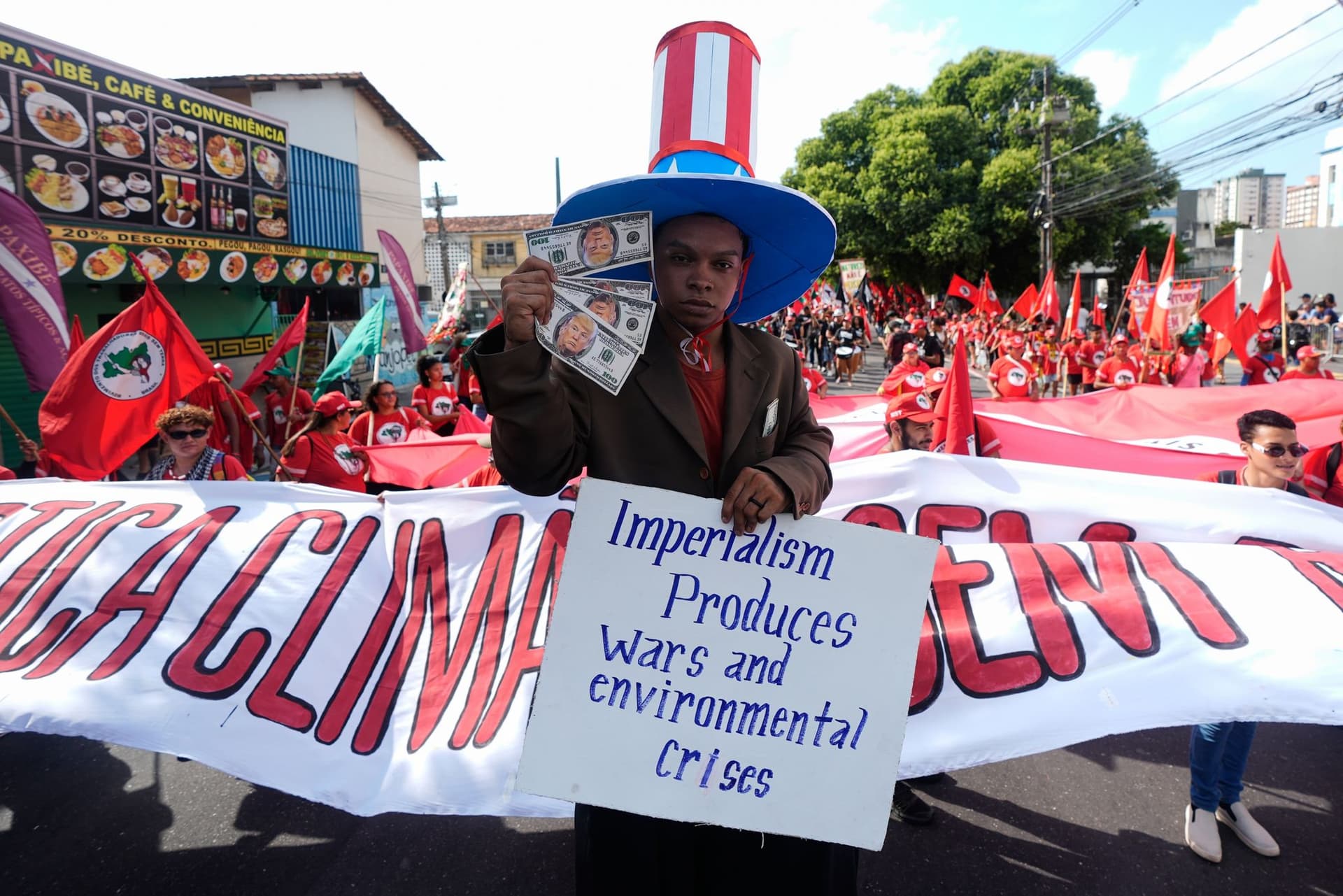UN Extends MINUSCA Mandate, Sets Force Level and Review Timeline
The Security Council voted 14 in favour with one abstention to extend the United Nations stabilization mission in the Central African Republic until 15 November 2026, keeping its size capped at 14,046 military personnel. The resolution demands three progress reports next year, ties a future force review to elections in 2025 and 2026, and underscores lingering international concern about security and political stability in a fragile state.

The United Nations Security Council today renewed the mandate of the Multidimensional Integrated Stabilization Mission in the Central African Republic, known as MINUSCA, extending its presence until 15 November 2026 and authorizing up to 14,046 military personnel. The 15 member organ adopted resolution 2800 (2025) by a recorded vote of 14 in favour, zero against and one abstention from the United States. The Council also requested the Secretary General to report on implementation of the mandate on 15 February 2026, 15 June 2026 and 13 October 2026.
The resolution formalizes the Council’s plan to link troop levels to the progress of an electoral cycle that is to take place across 2025 and 2026. The text expresses the Council’s firm intention to review the number of personnel following the successful completion of those elections, signaling a conditional approach to any drawdown or reconfiguration of forces based on political and security benchmarks.
MINUSCA’s renewed authorization arrives against a backdrop of persistent violence, targeted attacks on civilians and a humanitarian crisis that has driven displacement within and beyond the country’s borders. The mission’s mandate has long combined civilian protection, support for the political process, and assistance to humanitarian operations. By setting concrete reporting dates for the Secretary General, the Council has created a cadence for monitoring progress and for revisiting the mission’s posture ahead of key electoral milestones.
The United States abstention on the vote suggests remaining reservations among Western members about the mission’s performance, mandate priorities or the allocation of scarce resources across UN peacekeeping commitments. An abstention rather than a veto cleared the way for renewal, but it also sends a signal that Washington expects more demonstrable results or adjustments in strategy before endorsing future extensions without caveats.
For regional stability and market observers, the decision has direct and indirect implications. A sustained UN presence reduces the immediate risk of state collapse and can stabilise conditions necessary for humanitarian aid delivery and donor-funded reconstruction. That in turn affects the risk premium for private investors and bilateral lenders assessing exposure to Central Africa. Conversely, uncertainty about the electoral process and the eventual size and role of MINUSCA will factor into credit risk assessments, bilateral aid planning and investor appetite for infrastructure and extractive sector projects in and around the country.
The reporting deadlines establish regular opportunities for the Security Council to assess measurable changes in security indicators, political inclusivity and humanitarian access. Those assessments will guide future decisions on resource levels and mandate adjustments. Longer term, the resolution reflects a continuing trend in UN peace operations toward integrated, multidimensional missions that tie security presence to political benchmarks, while donors and member states weigh the costs and effectiveness of sustained deployments in fragile environments.
As the electoral timeline advances, the UN and its member states will face pressure to show whether troop commitments can meaningfully support political transition without becoming open ended. The next rounds of reporting will be pivotal in determining whether MINUSCA is drawn down, reshaped or sustained beyond the current mandate period.

